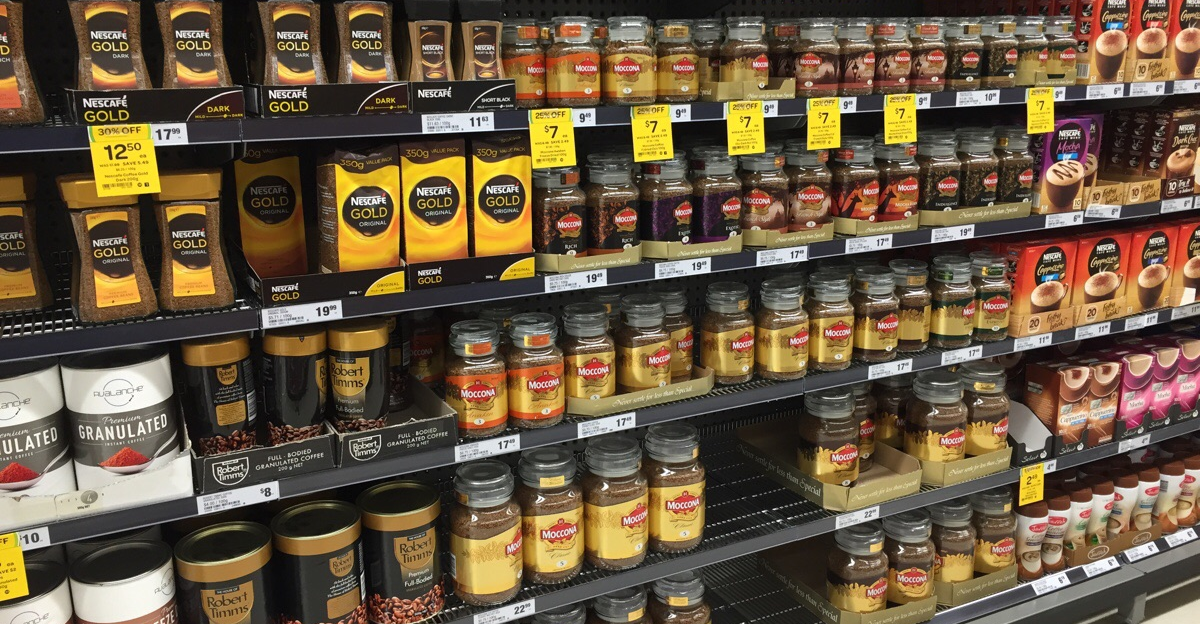
Your morning coffee should feel like, you know, all shades of warmth and reliability. However, in recent times, something has been off and nagging at that routine. Folks are starting to speak up about a coffee brand we all believed in, but now for all the wrong reasons. Something that definitely doesn’t belong in our coffee has found its way in. What is it? How did it get in there? And maybe most importantly, what does this mean for people who have consumed it? Well, stick with us. This article answers all of that.
What’s Behind the Sudden Alert?
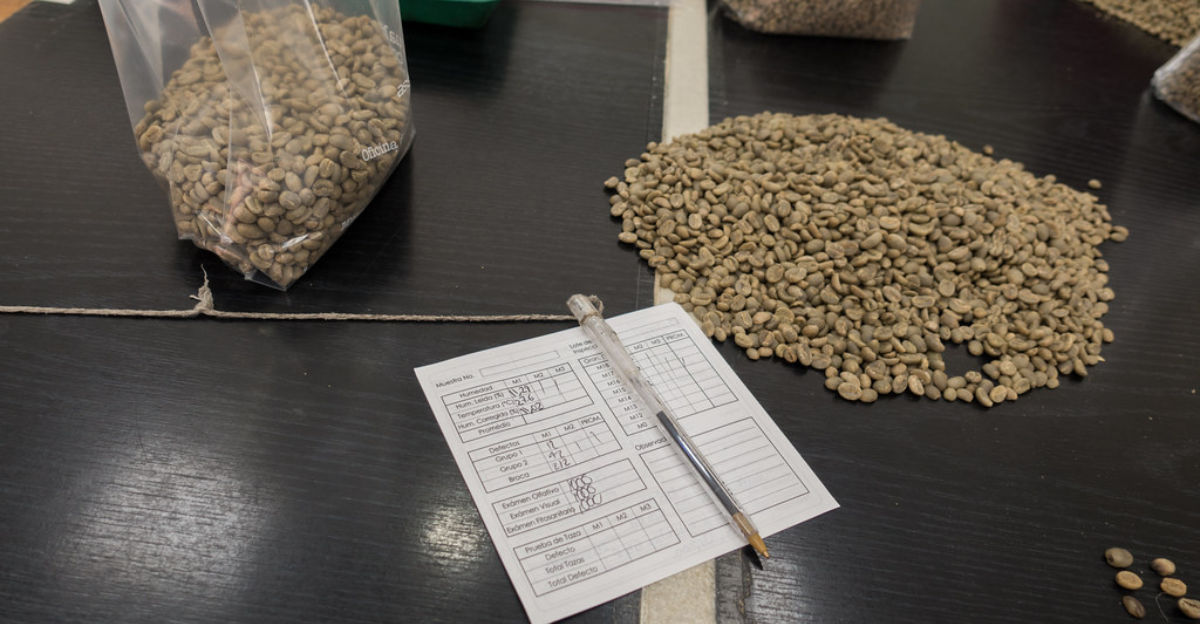
So what’s setting off alarm bells? Nothing you’d expect from a cup of coffee. It’s not a flavor flaw or a packaging mishap you can spot right away. Instead, this alert came from behind the scenes, quality checks, careful inspections, that kind of thing. Something showed up that made the people in charge pause and take things seriously, pushing them to move fast. It’s the kind of issue that stays hidden until it suddenly pops up in your morning routine. And when it does, it’s definitely not what you want to find in your brew.
The Coffee Pods in Question
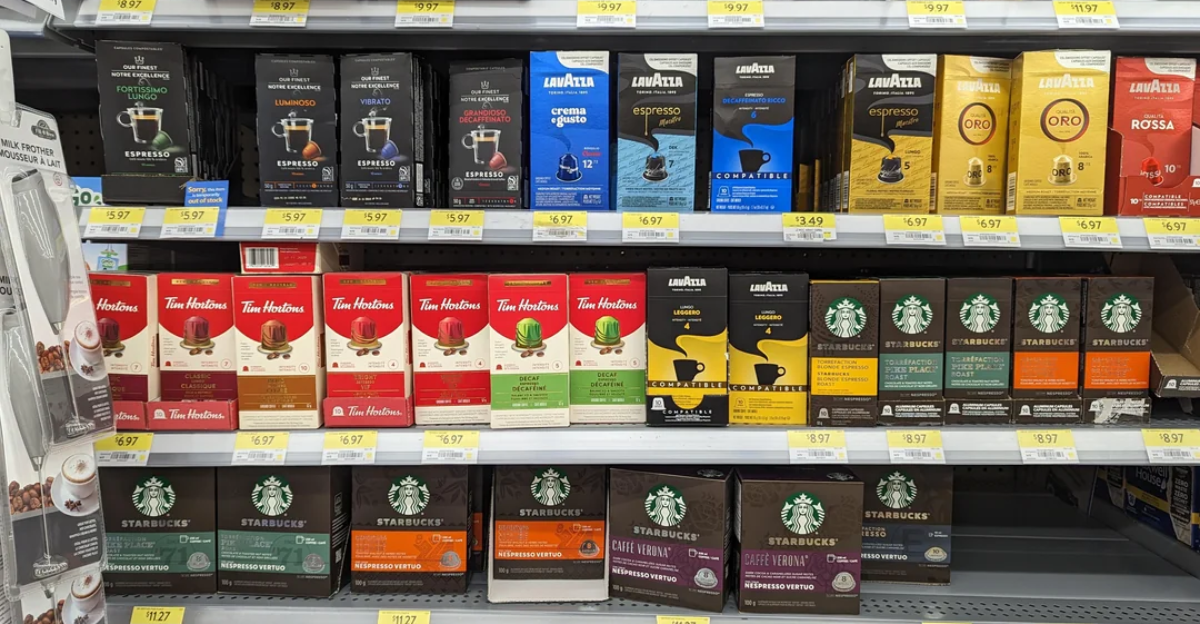
So what are the coffee pods in question? Well, truth is you don’t have to be a coffee expert to recognize them; chances are you’ve picked some up at Costco, Kroger, or Walmart without even thinking twice. They’re popular because they’re simple and pack a punch of flavor. But now, these everyday pods are at the center of the latest worry.
A Closer Look at the Unseen Contaminants
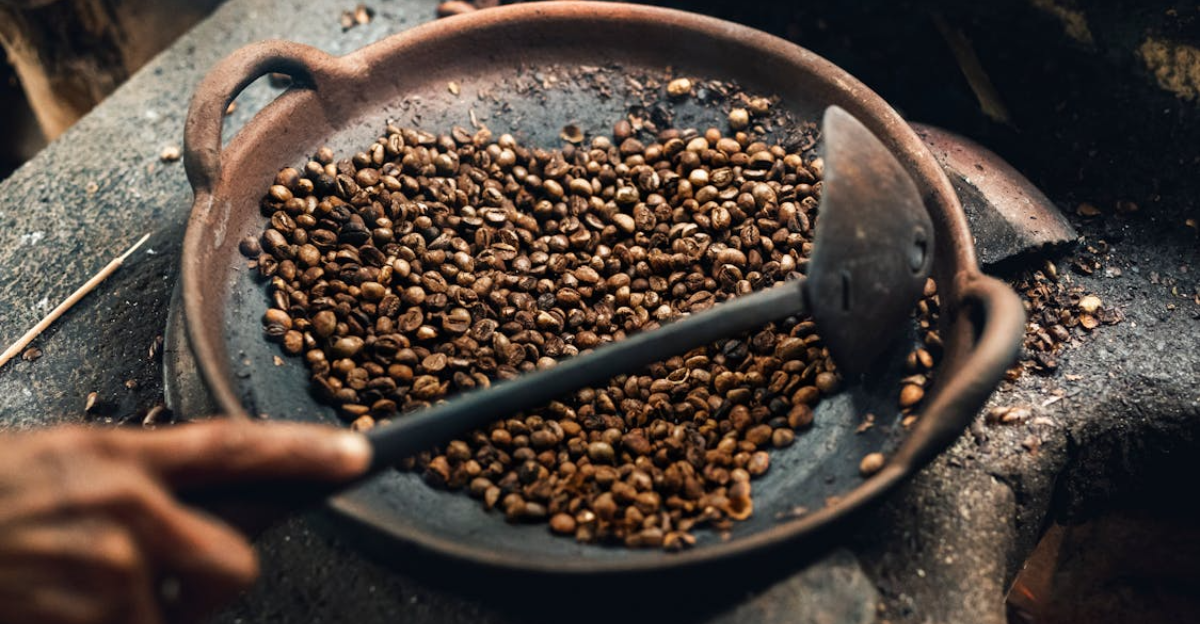
The crazy thing about this contaminant is its inconspicuous nature. You won’t see a crack or a spill or anything obvious. Instead, something is hiding under the surface, a contamination that could be creeping into your coffee while it brews.
Now, imagine making that perfect cup and then wondering if something unwanted has found its way in. It’s a quiet kind of threat, one you can’t spot but definitely can’t ignore. So what could be trying to ruin your morning routine? The answer isn’t simple, and that’s exactly why this is so worrying.
How Contamination Could Happen
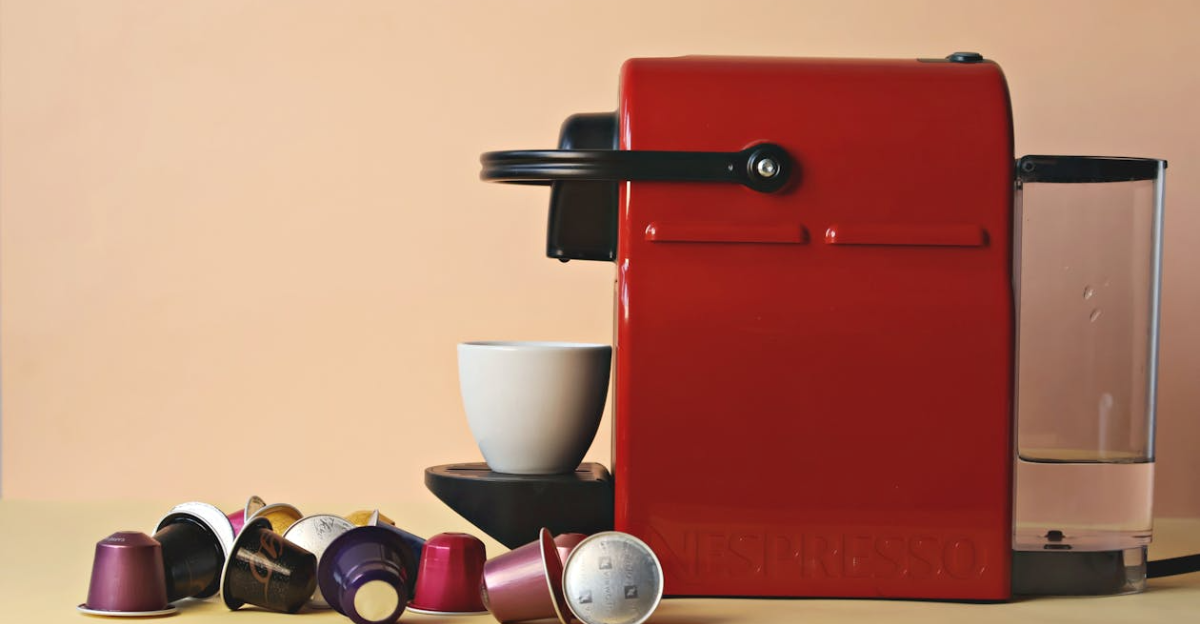
The culprit isn’t your average coffee bean or water quality. No. It’s the ink printed on the lids of these pods. Normally, ink stays put, like a harmless decoration sealing in freshness.
However, as your coffee brews under heat and pressure, there’s a chance some of the ink could make its way into your drink. It sounds odd, almost like the packaging is working against the coffee itself. But then it actually happens. It’s hard to imagine that something as simple as heat and pressure could turn your routine and comforting morning ritual into something you might start questioning.
Which Lots Are Affected and Where They Were Sold
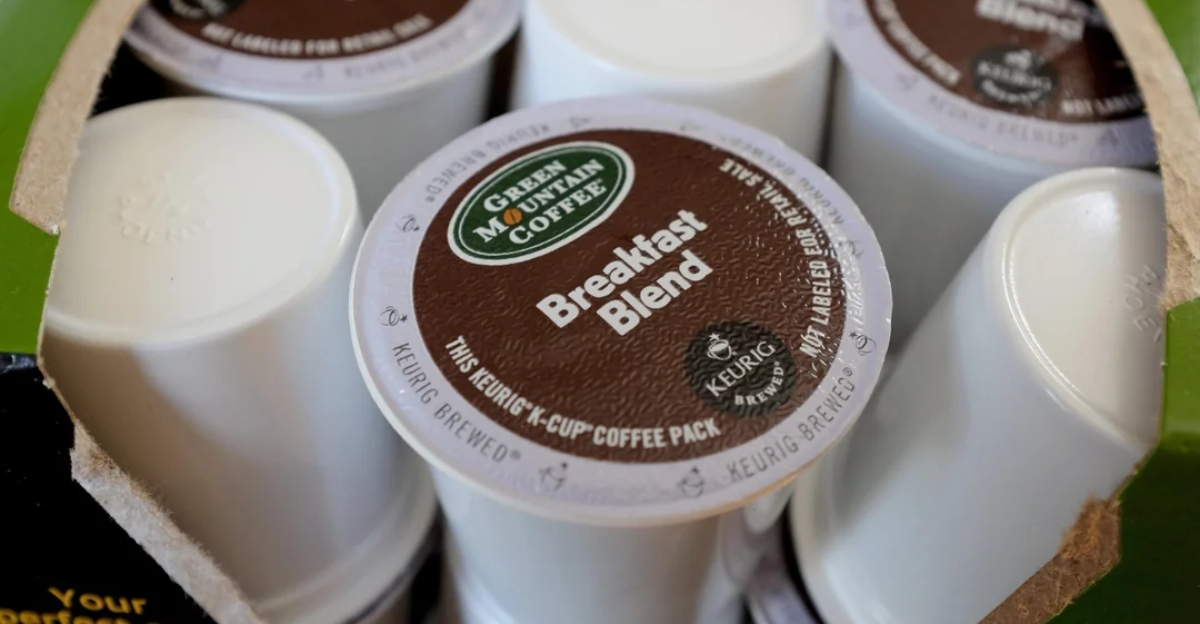
Not all pods are affected, just the ones with certain labels to watch for, specifically, the Lot Code 251749, Use-By Date: May 8, 2026.
Any New Mexico Piñon Coffee Single Serve K-Cup Pods marked with this lot code and date are most likely still on shelves and are part of the affected batches. You’ll see these pods at big stores like Costco, Kroger, and Walmart. If you grabbed some recently, it’s a good idea to check the packaging closely. Sometimes, just a quick look can save you from stressing or having to toss your coffee.
Health Implications and What Experts Say

Just to be clear, no one’s gotten sick from these pods so far. Health experts say this recall is low risk, so serious problems are unlikely. But still, ink in your coffee? Yeah, that’s not something anyone really wants. The effects might be mild, but no one’s keen to drink anything questionable. So even if it’s not a huge threat, it’s enough to make the recall necessary and worth your attention. Better safe than sorry when it’s about your daily comfort.
Company’s Response and Consumer Instructions

Not taking any risks, New Mexico Piñon Coffee has issued a voluntary recall. They’re encouraging anyone with the affected pods to get rid of them or return them for their money back.
It’s a move meant to protect loyal fans and keep trust intact. The company also assures everyone that there haven’t been any reports of injuries or illnesses linked to the pods (true enough).
Still, if you have any of these pods, they suggest contacting them directly for advice. This small request shows just how seriously the brand is taking the situation since your morning coffee should bring comfort, not worry.
How This Fits into a Larger Pattern of Coffee Recalls
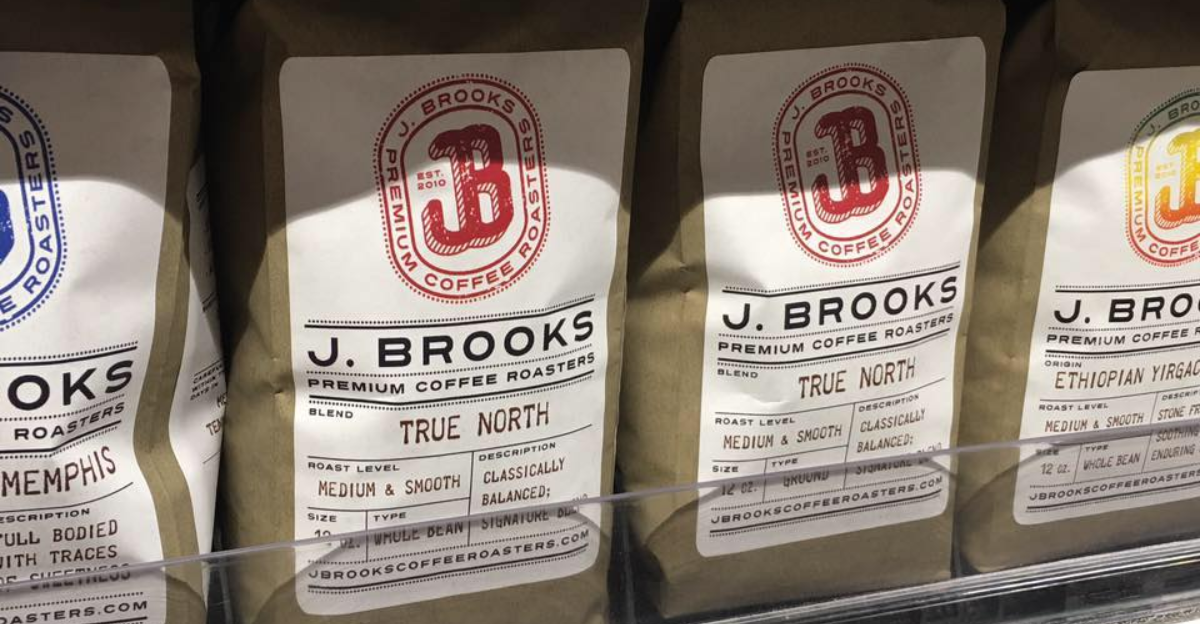
This is not the first incidence of coffee contamination in the coffee world. Just this year, there have been a number of recalls here and there over issues like contamination and packaging flaws.
Take the case of J. Brooks Coffee’s March recall of mislabeled decaffeinated ground coffee that actually contained caffeine which posed a significant risk to caffeine-sensitive individuals. Or was it the nationwide recall of nearly 300 canned coffee products by Snapchill over the severe risk of botulinum toxin?
This is, of course, a cold reminder that even our favorite brands can run into unexpected issues. As coffee drinkers, these kinds of incidents make us think twice about what’s behind the scenes. This latest recall fits into a larger push for better safety checks and honesty, so you can trust that your cup holds exactly what it’s supposed to.
Moving Forward
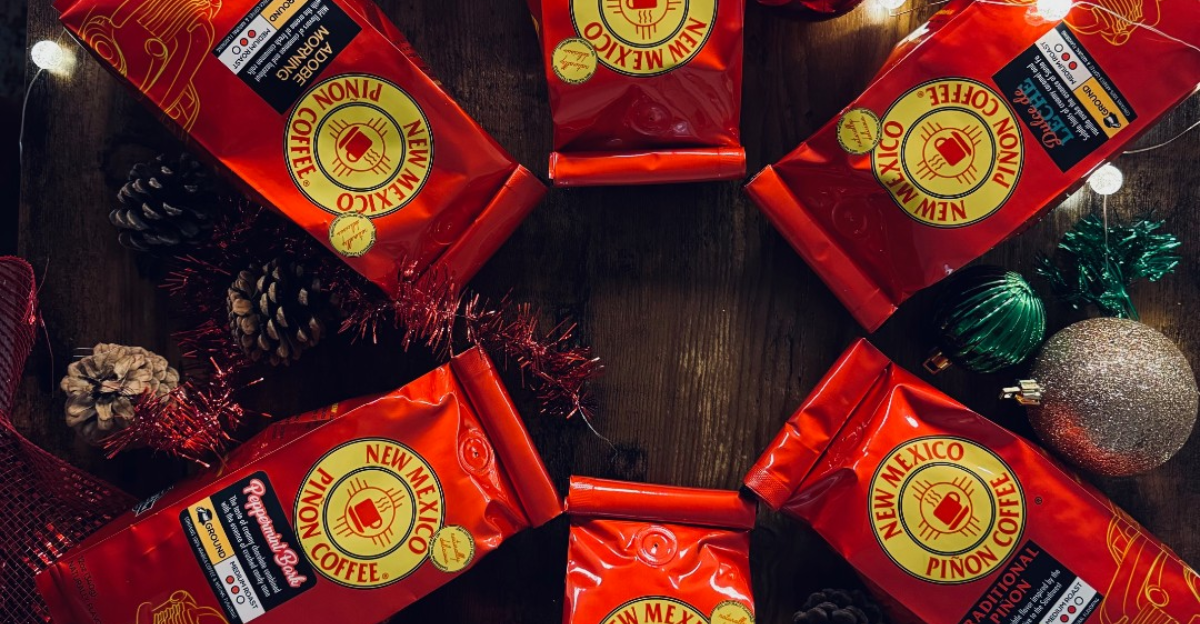
New Mexico Piñon Coffee isn’t treating this recall as the end of the story. They are digging in and checking every part of their process to make sure this mess does not happen again. Be it stricter quality checks or changes to how the pods are sealed and printed, the mission remains the same: rebuild trust one cup at a time. Yeah, it’s a hard lesson, but also a shot at proving they can bounce back stronger. Truth is, your coffee shouldn’t settle for a temporary fix; it needs proper care and a promise to get better.